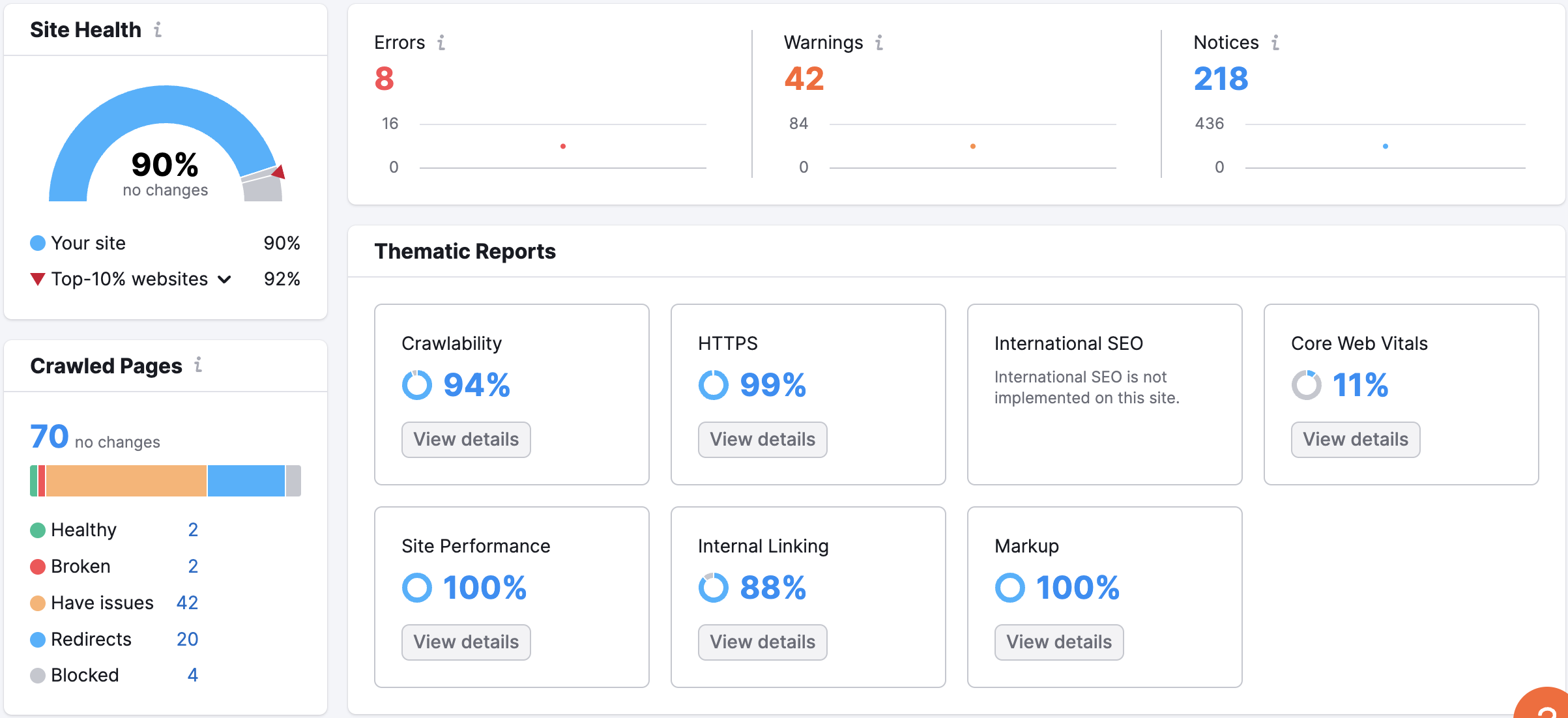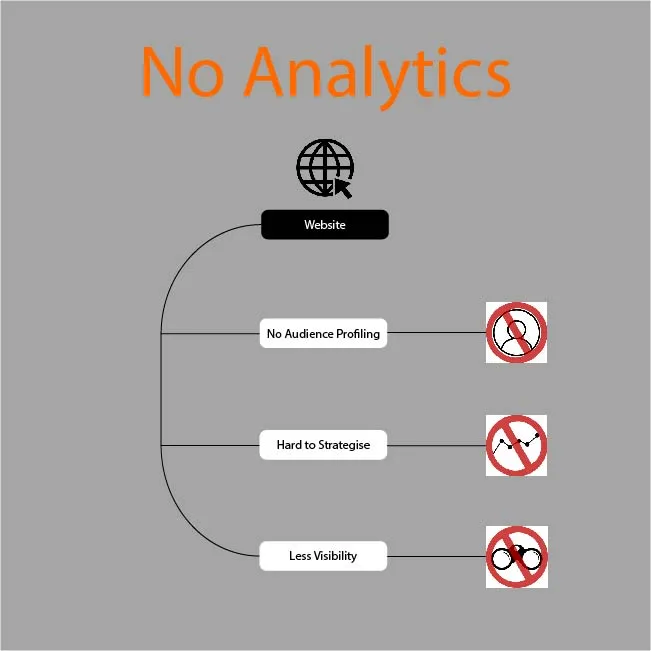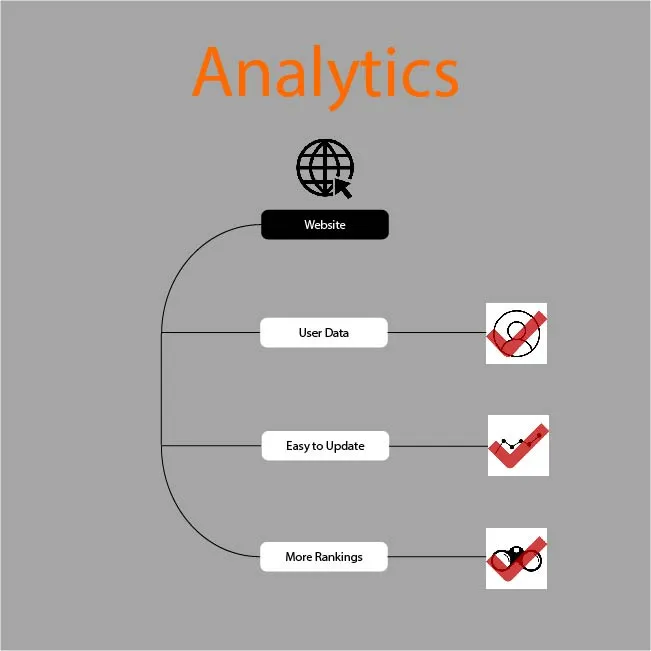SEO Analytics, also known as search engine optimisation (SEO) analysis, involves a comprehensive evaluation of a website’s performance. This strategic method aims to identify opportunities and enhance the website’s position in search engine results, ensuring optimal visibility and relevance for targeted audiences.
Understanding What SEO Analysis Is
Analysis in SEO is based in interpreting data. As any digital marketer must know, there is so much data out there. SEO marketing metrics are as diverse as snowflakes: they are never exactly the same. During SEO analyses, a large cross-section of metrical values are evaluated to understand what strategy is working and what is not. SEO analyses determine whether web pages are being seen or not and if they are effectively generating leads or revenue for a business. SEO analysis is important because it helps marketers craft growth: by refining content strategy based on evidence of success.
SEO metrics, such as new users, conversions, pages, clicks, impressions and average position give insight into website performance.
The Role of SEO Analysis
As mentioned, analysis in SEO observes whether a business website is visible and attracting customers or not. By constantly checking what pages are driving high volumes of traffic and creating leads and transactions, SEO marketers gain knowledge of what content is blessed by indexation and what content appeals to visitors. The implication here is that SEO analysis allows SEO marketers to take a trans-user approach to producing effective content: they can produce, update and reproduce website media they know appeals to search engine algorithms and potential customers based on past results.
How is SEO Analysis Performed?
The key components of SEO analysis are: keyword analysis and on-page analysis.
Keyword analysis gives SEO marketers information about what phrases Googlers are googling and how often. In order to reach a wide segment of potential customers, results of keyword analysis must inform the development of copy that can gain rank in search results.
On-page analysis assists SEO marketers in determining how much and what types of content need to be included on a page for it to rank. A page that is ranking well can be reverse-engineered using data generated during on-page analysis to develop a template for new content which targets other keywords. Considering the ratio of content to the competitiveness of keywords it ranks for is one way to do this.
There are other ways to conduct analysis in SEO, namely, competitor analysis and off-page analysis. Results of these analyses reveal what types of content competitors publish and how credible a website domain is (it’s Domain Authority), respectively. A competitor analysis can generate ideas for new content that is demonstrably popular in a given topic area and that can help a site rank for additional keywods. Off-page analysis produces a list of potential backlink providers that may be contacted with the goal of increasing the number of backlinks and referring domains a website has.
It’s worth noting that technical auditing is a useful type of analysis too.

Concluding Remarks
Digital marketing functions by broadcasting word, sound, image and video across the internet. After one of these media has been published on the web, it grabs the attention of people who may interact with both the standalone asset and the business platform it is linked to. Following a thread of user interactions using analytic tools helps marketers to discover what content is most popular and best at generating conversions. Furthermore, determining what content is popular with digital marketing algorithms plays a large role in deciding what media marketers publish at all. In the realm of digital marketing, analysis is a foundational tool that is the only real way to check if an idea is taking flight, if a campaign is performing well or if a business is experiencing financial success. Creativity can reach a limit if its effectiveness is not understood.
In conclusion, SEO analyses: keyword and on-page, are extremely important in deciding what digital media can be used to acquire customers and drive conversions using Google. Competitor analysis gives insight into additional content topics which can improve the visibility of a website and off-page SEO analysis delivers potential link-building opportunities that may increase the domain authority of a website. It goes like this: keyword research forms the rationale for content development that is publicised and generates business engagement via a website. On-page analysis underpins content strategy which, when implemented, gains placement for website media in search engine results. Contact Red SEO now for all your SEO analytics needs.



